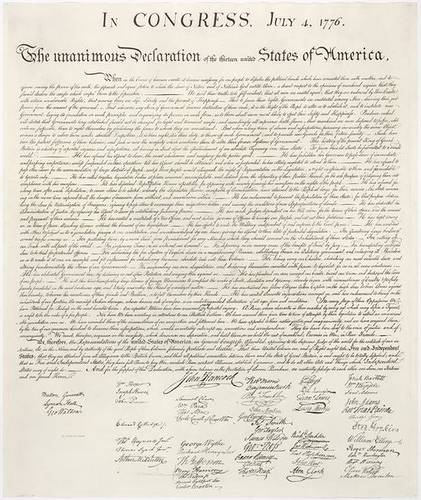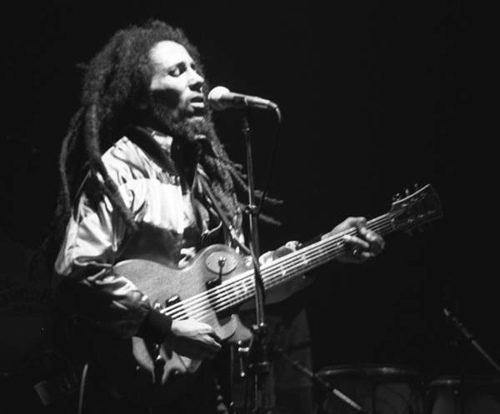Excerpts from students’ civics exams in the 1800s:
- “The three departments of the government is the President rules the world, the governor rules the State, the mayor rules the city.”
- “The first conscientious Congress met in Philadelphia.”
- “The Constitution of the United States was established to ensure domestic hostility.”
- “The Constitution of the United States is that part of the book at the end which nobody reads.”
- “Congress is divided into civilized half civilized and savage.”
— From Mark Twain, “English as She Is Taught: Being Genuine Answers to Examination Questions in Our Public Schools,” 1887



